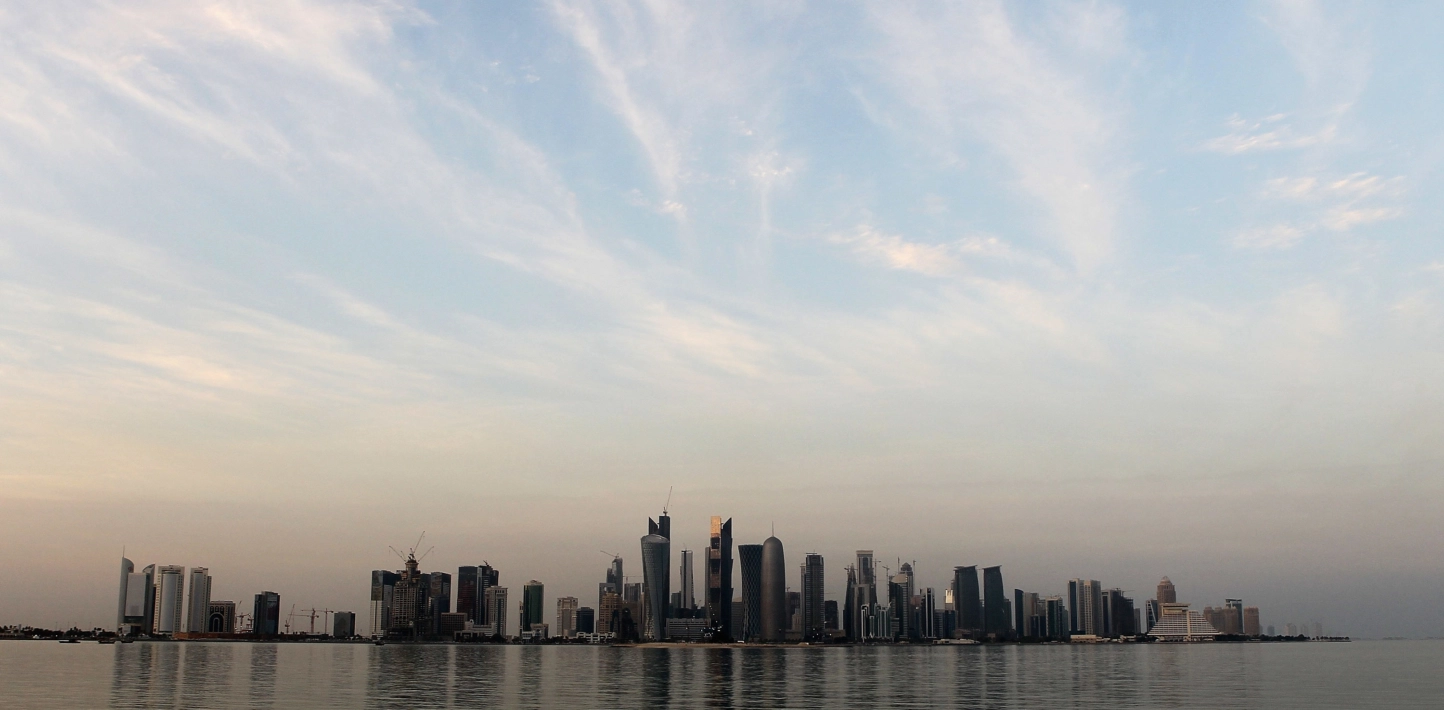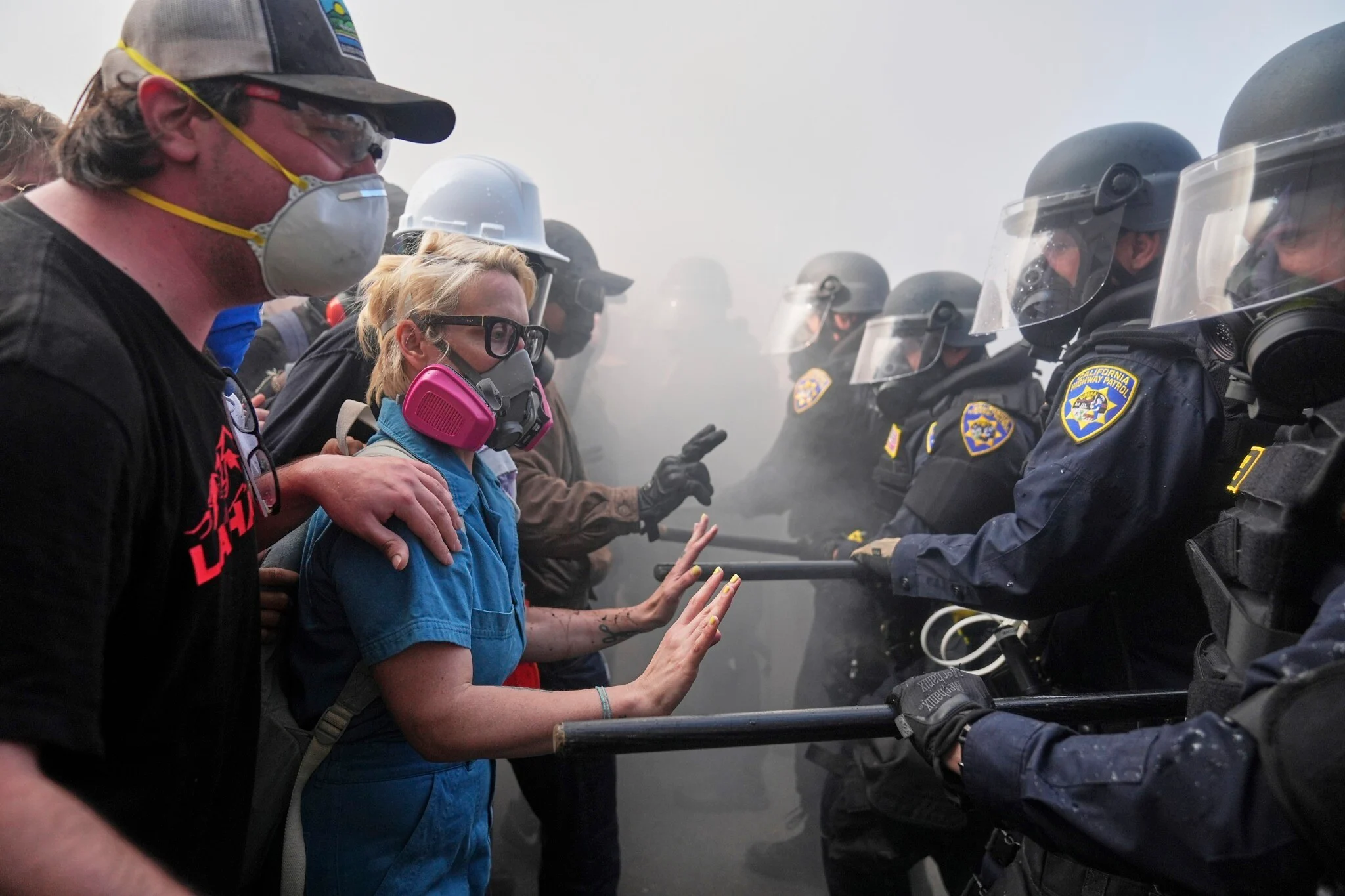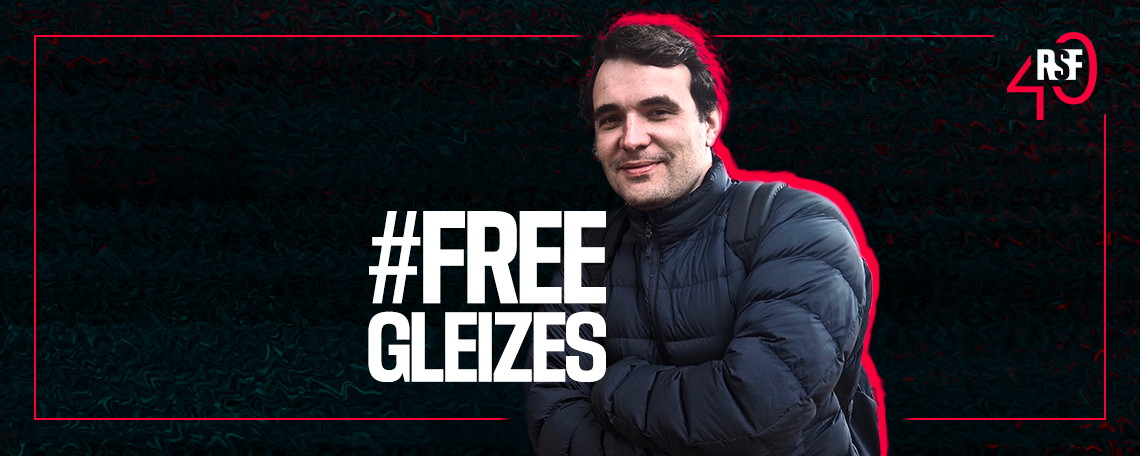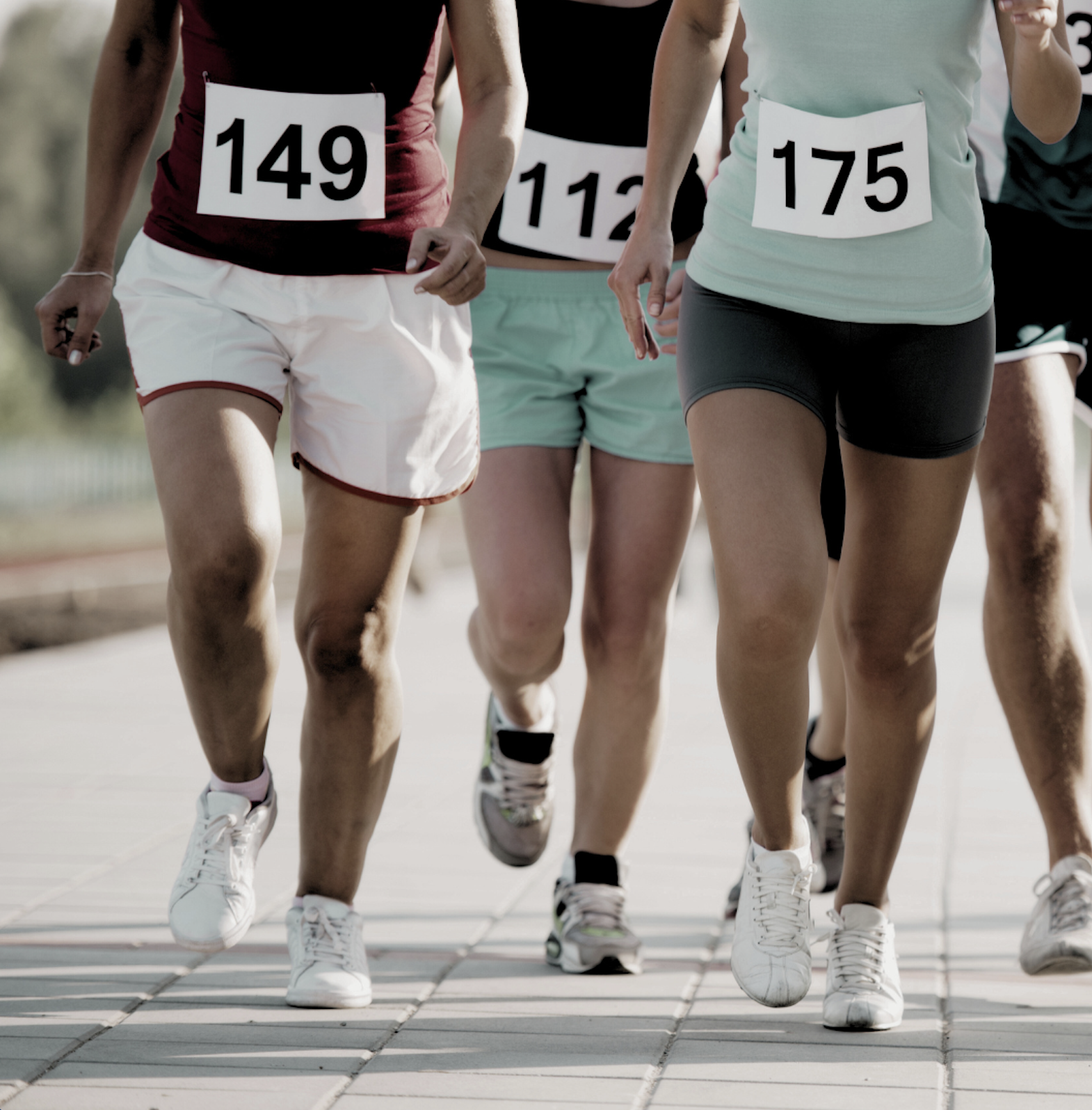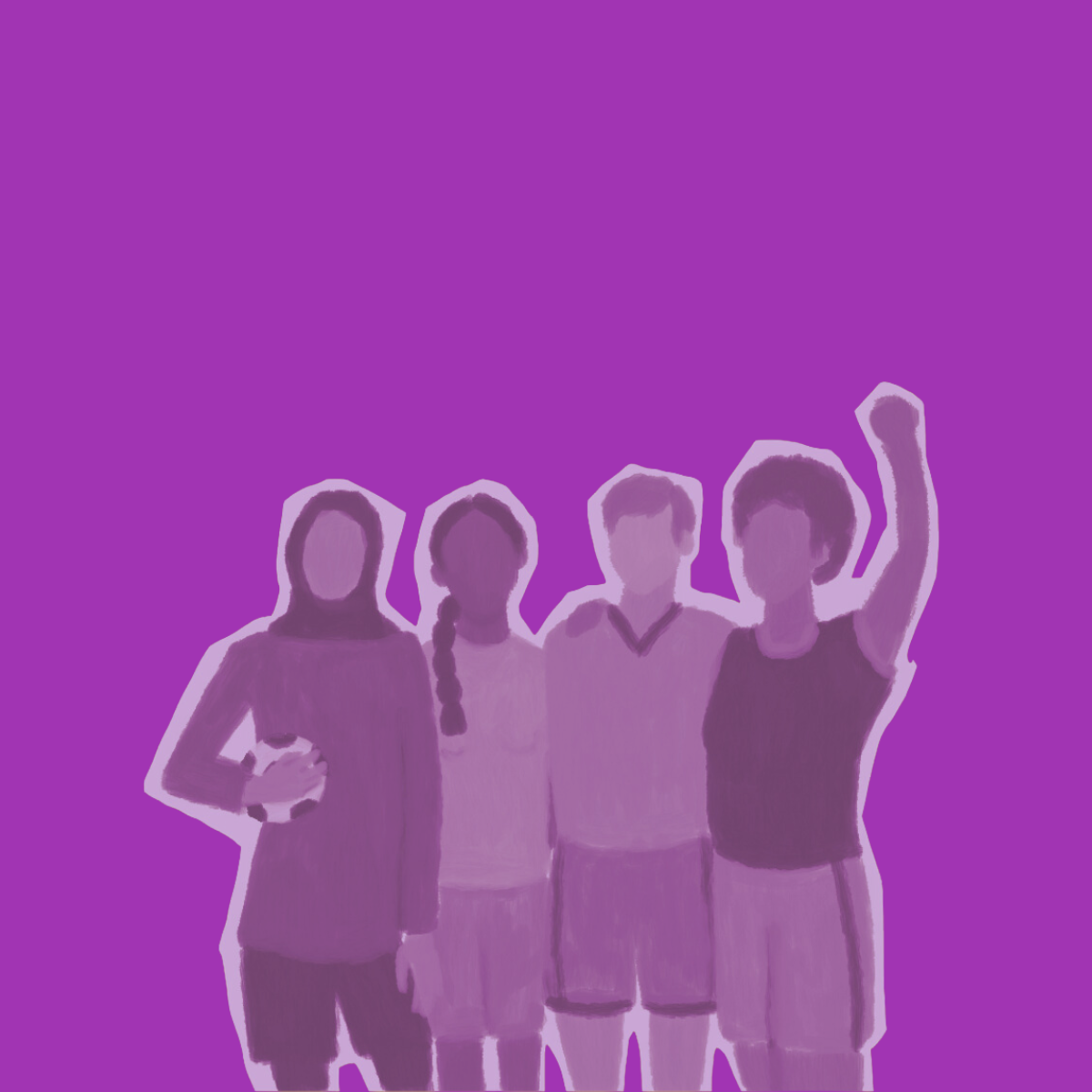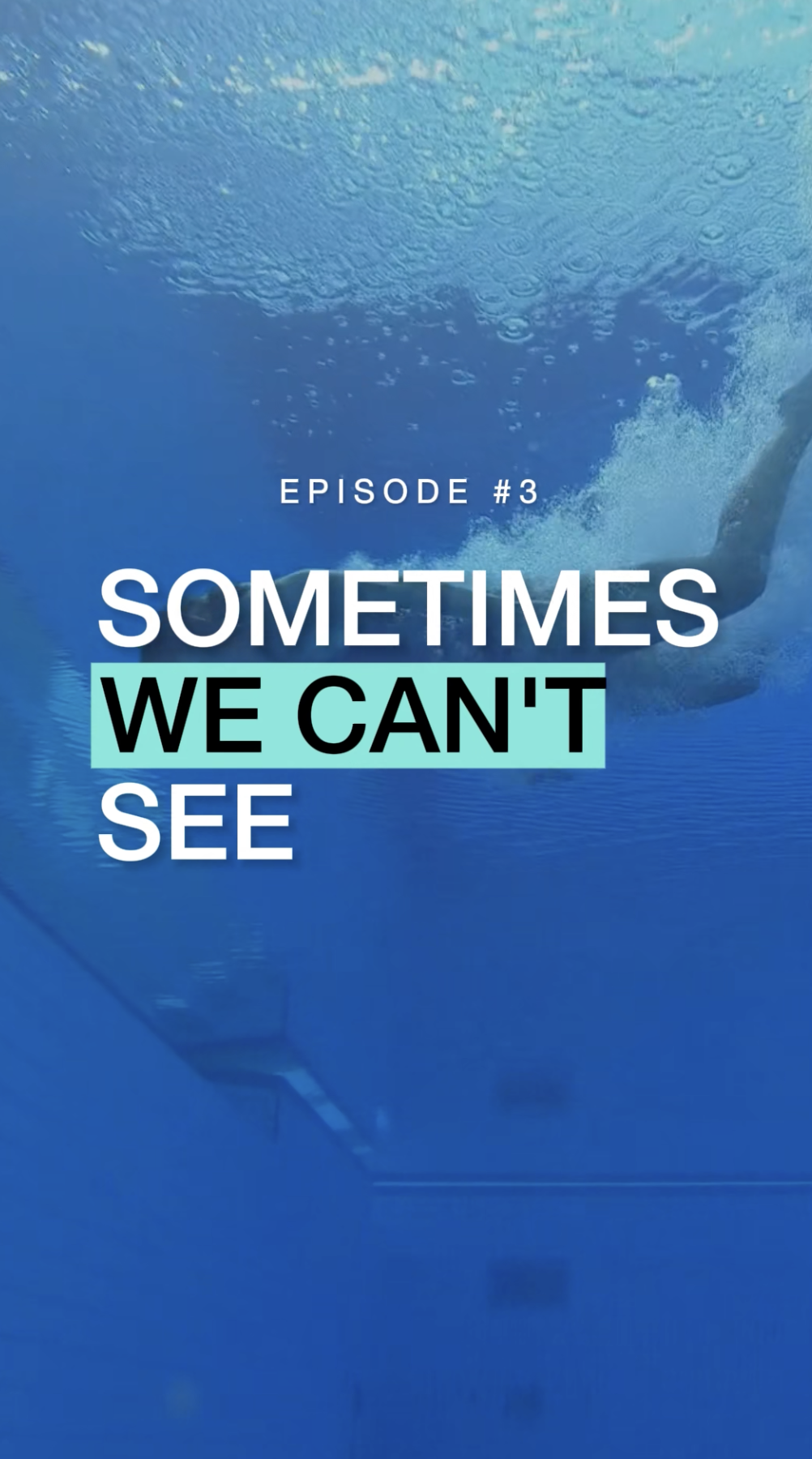With the 2022 FIFA World Cup kicking off in Qatar on 20 November, the Gulf state will be under the global spotlight. Since FIFA awarded the tournament to Qatar in 2010, the dire situation for migrant workers in the country has been widely publicized. Migrants and domestic workers continue to face a range of abuses including wage theft, forced labour, and exploitation.
But the treatment of migrant workers is just one of a range of violations that make up the state’s troubling human rights record. Qatar’s authorities repress freedom of expression, freedom of the press and freedom of association; unfair trials remain concerning; women continue to face discrimination in law and practice; and laws continue to discriminate against LGBT individuals.
Here are six things you need to know.
Freedom of expression and press freedom
The Qatari authorities use abusive laws to stifle those who are critical of the state, including both citizens and migrant workers. Amnesty International has documented cases of Qatari citizens who have been arbitrarily detained after criticizing the government, and sentenced following unfair trials based on confessions obtained coercively. Meanwhile, Malcolm Bidali, a Kenyan security guard, blogger and migrants’ rights activist, was forcibly disappeared and held in solitary confinement for a month for highlighting the plight of migrant workers.
Qatar has little independent or critical media. The country’s authorities limit press freedom by imposing restrictions on broadcasters, including by banning filming in certain locations such as government buildings, hospitals, universities, migrant workers’ accommodation sites and private homes.
Freedom of association and assembly
Migrant workers remain barred from forming or joining trade unions. Instead, they are permitted to form Joint Committees, an initiative led by employers to allow workers’ representation. To date, however, the initiative is not mandatory and covers only 2% of workers, falling far short of the fundamental right to form and join trade unions.
Citizens and migrant workers alike face repercussions for peaceful assembly. For instance, in August 2022, hundreds of migrant workers were arrested and deported by state authorities after protesting on the streets of Doha after their company repeatedly failed to pay their wages.
Unfair trials
Fair trials are far from guaranteed in Qatar. Over the last decade, Amnesty International has documented cases of unfair trials where defendants’ claims of torture and ill-treatment were never investigated, and sentences were handed down based on coerced “confessions”. Often, defendants were interrogated while held in incommunicado detention without access to a lawyer or translator.
Jordanian national Abdullah Ibhais, for example, is serving a three-year prison sentence following an unfair trial in Qatar, which was based on a “confession” of his that he claims was obtained coercively.
Women’s rights
Women continue to face discrimination in law and practice in Qatar. Under the guardianship system, women require the permission of their male guardian, usually their husband, father, brother, grandfather or uncle, to marry, study abroad on government scholarships, work in many government jobs, travel abroad (if under the age of 25), and access reproductive healthcare.
Family law discriminates against women, who face greater difficulties seeking a divorce, and more severe economic disadvantages if they do so, compared to men. Women also continue to be inadequately protected against domestic and sexual violence.
LGBT rights
Qatari laws discriminate against LGBT people. Article 296(3) of the Penal Code, criminalizes a range of same-sex consensual sexual acts, including potential jail terms for anyone who “leads or induces or tempts a male, by any means, into committing an act of sodomy or debauchery”. Similarly, Article 296(4) criminalizes anyone who “induces or tempts a male or female, by any means, into committing acts contrary to morals or that are unlawful”.
In October 2022, human rights organizations documented cases in which security forces arrested LGBT individuals in public places — based solely on their gender expression — and searched their phones. They also said it was mandatory for transgender women detainees to attend conversion therapy sessions as a requirement for their release.
Labour rights
Despite the government’s ongoing efforts to reform Qatar’s labour system, abuses remain rife across the country. While conditions have improved for some workers, thousands are still facing issues such as delayed or unpaid wages, denial of rest days, unsafe working conditions, barriers to changing jobs, and limited access to justice, while the deaths of thousands of workers remain uninvestigated. Although a fund has started to pay out significant amounts to workers who have had wages stolen, hundreds of thousands of migrant workers have still not been compensated for labour abuses faced in the past decade.
Forced labour and other forms of abuse continue unabated, particularly in the private security sector and for domestic workers, most of whom are women. The payment of extortionate recruitment fees to secure jobs remains widespread, with sums ranging between US$1,000 and US$3,000. It takes many workers months or even years to repay the debt, which ultimately traps them in cycles of exploitation.
IT’S TIME FOR QATAR AND FIFA TO PAY UP!
The FIFA World Cup in Qatar is fast approaching, and teams are preparing to compete for a place in history. The clock is ticking, it’s time for FIFA and Qatar to compensate the migrant workers that have been exploited and abused to make this competition possible.
